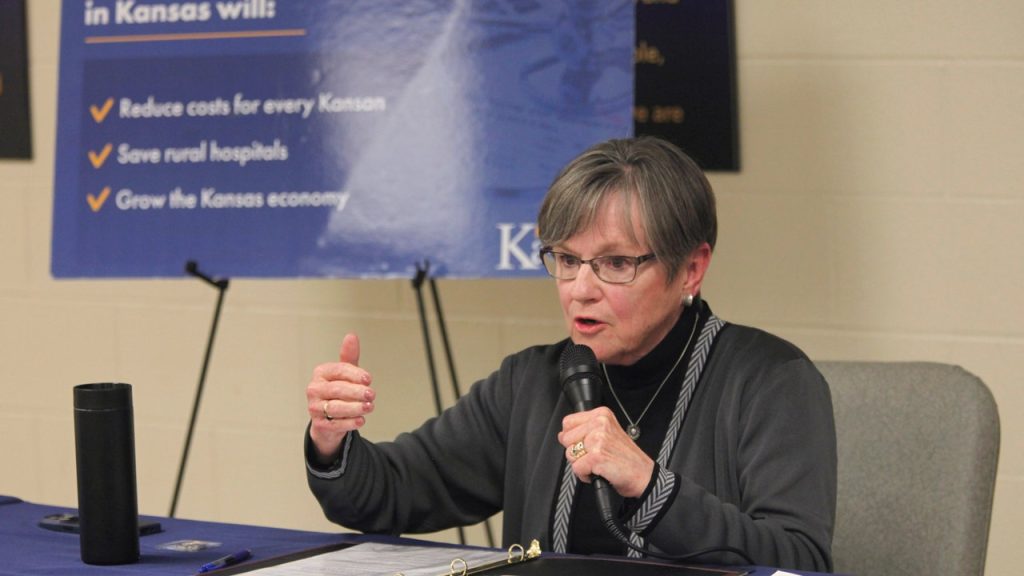Kansas remains one of the few states that have not legalized the medical use of marijuana or expanded their Medicaid programs, and efforts to force debates on both issues were blocked by Republican state senators before the Legislature’s scheduled adjournment. Supporters of both measures failed to garner enough votes to pull a bill on each subject out of committee. Proponents argue that the measures have popular support but have been thwarted for nearly a decade. Kansas does not allow voters to put proposed laws on the ballot statewide, unlike other states where such initiatives have been successful.
All but 12 states have legalized medical marijuana, and all but 10 have expanded Medicaid in compliance with the 2010 federal Affordable Care Act. Kansas is among the handful of states, along with Georgia, Tennessee, Texas, Wisconsin, and Wyoming, that have done neither, according to the National Conference of State Legislatures. State Senator John Doll, a Republican, expressed disappointment at the failure to pass both measures, stating that Kansas is “behind the times.” Republican leaders had anticipated the efforts to fail, given the party’s majority in the Senate, viewing them largely as political grandstanding.
Opponents of medical marijuana, including law enforcement officials, argue that legalizing medical marijuana could lead to the eventual legalization of recreational use. They cite concerns over an increase in criminal activity and illegal black-market operations, as seen in Oklahoma following the legalization of medical marijuana in 2018. Governor Kevin Stitt expressed surprise at the rapid growth of the marijuana industry in Oklahoma but acknowledged the significant revenue generated from marijuana taxes in the state. Registered nurse Cheryl Kumberg of the Kansas Cannabis Coalition highlighted the challenges faced by Kansas residents seeking medical marijuana in neighboring states due to limitations in Kansas’s laws.
Kansas Governor Laura Kelly has linked medical marijuana to Medicaid expansion, proposing to use marijuana taxes to cover the state’s share of the cost of expanding health coverage. Despite months of campaigning by Kelly and other expansion advocates, the Medicaid expansion vote fell short by one vote. Kelly had previously suggested hitting anti-expansion Republicans in the fall campaign but later backtracked on that idea, emphasizing that the importance of the issue remains regardless of election years. Despite efforts to promote expansion benefits, Senate President Ty Masterson dismissed surveys showing its popularity, citing concerns over offering free healthcare to able-bodied individuals.
The failure to pass both the medical marijuana and Medicaid expansion measures in Kansas highlights the challenges faced by supporters of these initiatives. With opposition from Republican leaders and concerns over potential consequences, such as increased criminal activity, the push for these policies remains a contentious issue in the state. While advocates continue to promote the benefits of these measures, including increased healthcare access and potential revenue, it remains to be seen if Kansas will join the majority of states in legalizing medical marijuana and expanding Medicaid in the future.


